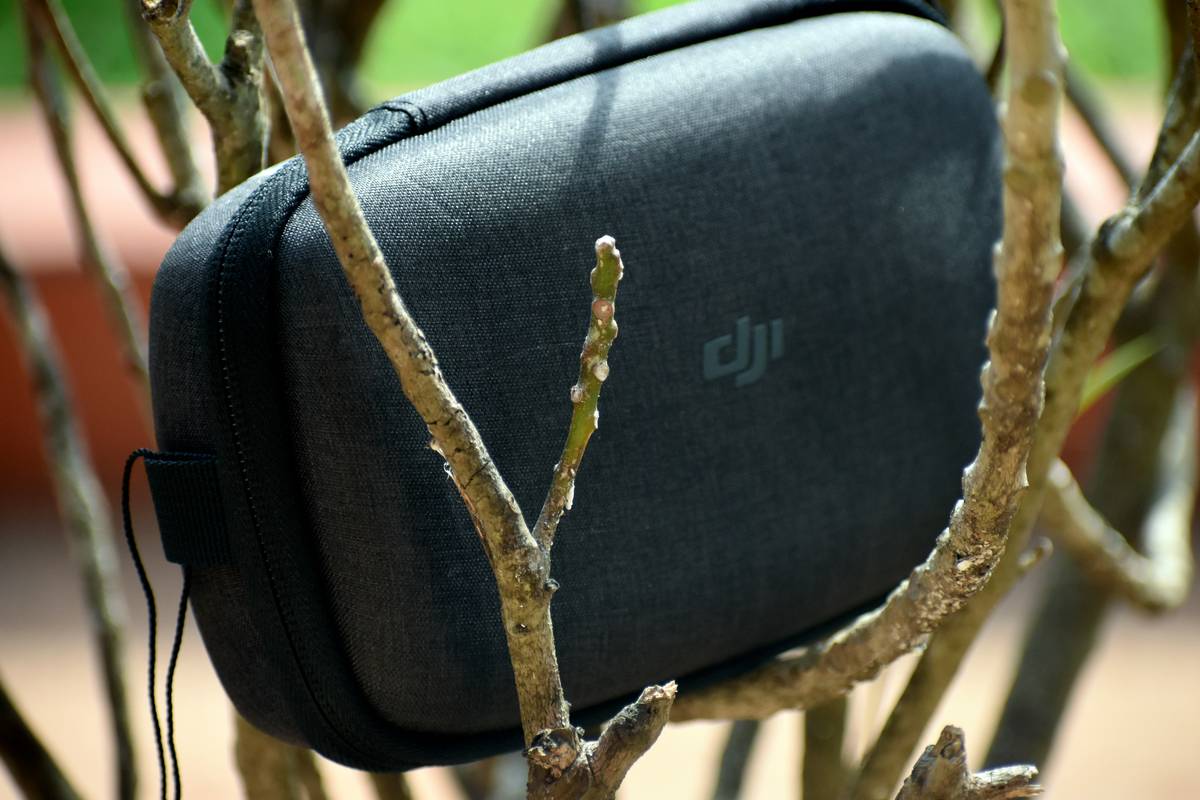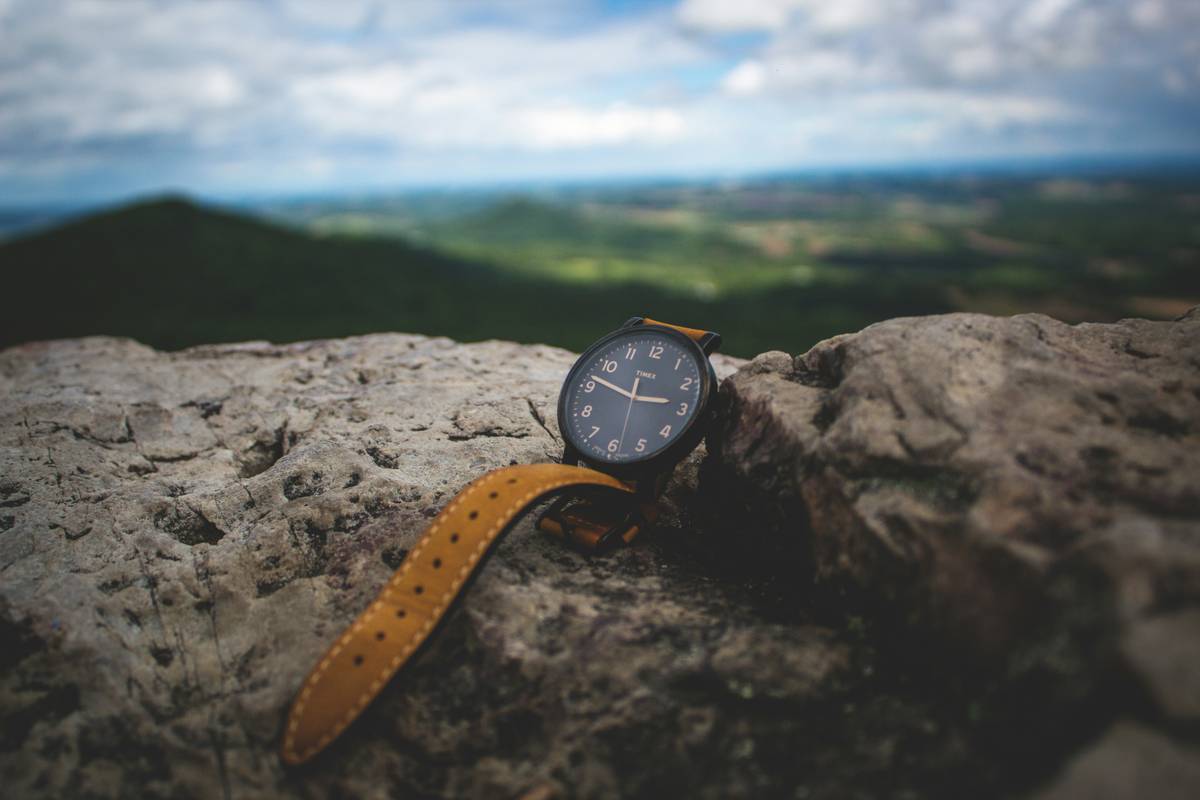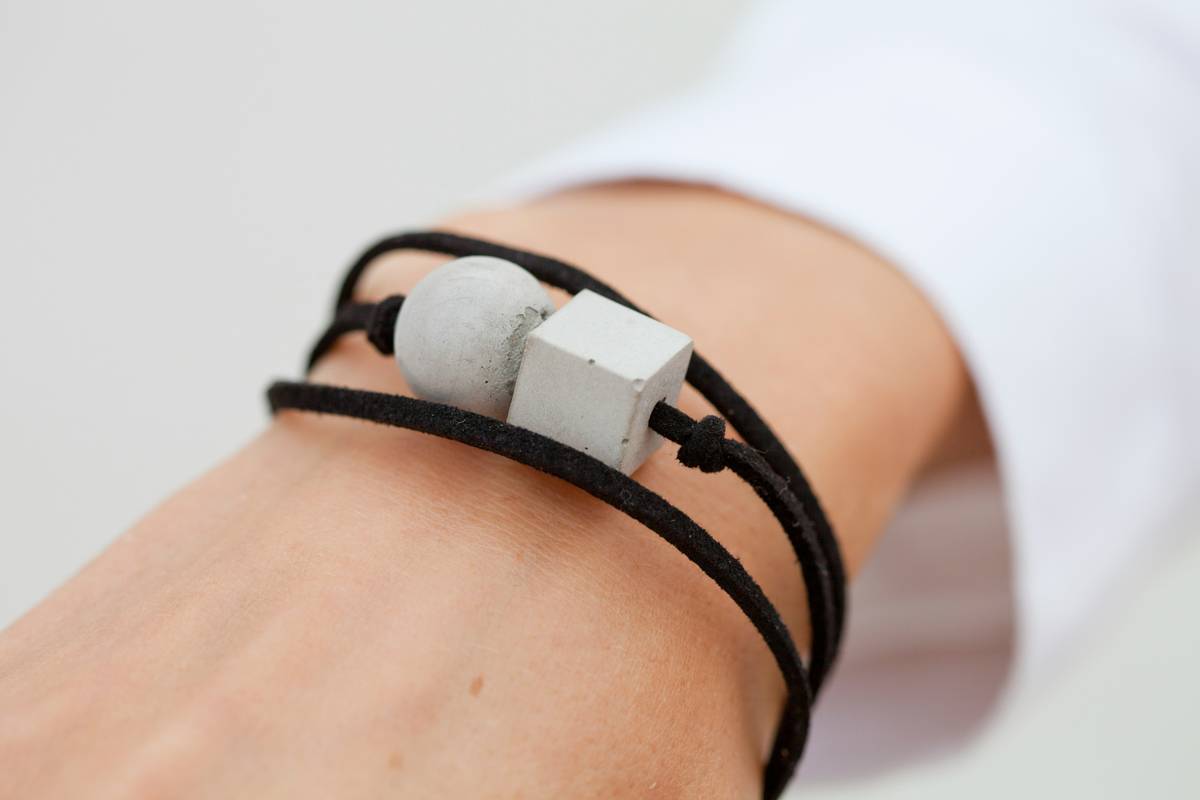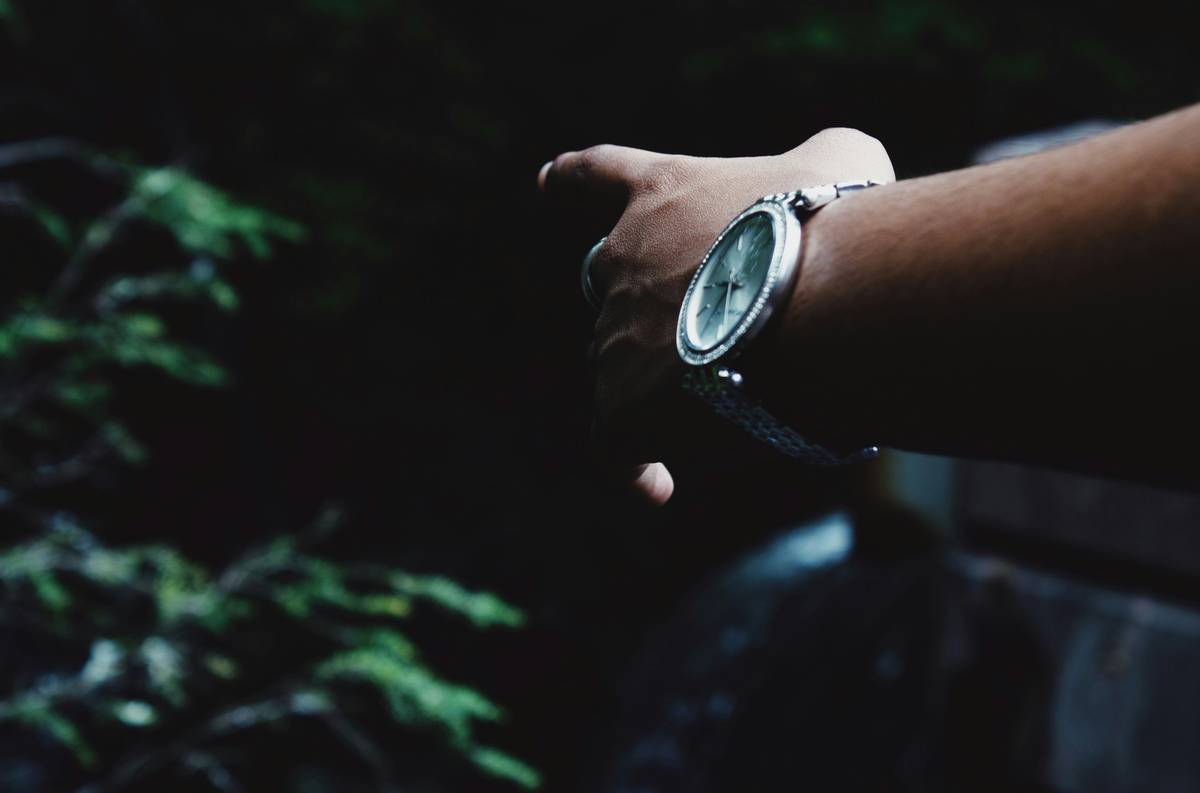Ever found yourself halfway up a mountain, wondering if your hiking watch is telling you the right altitude? You’re not alone. With so many options on the market, choosing the perfect hiking watch with an altimeter can feel like climbing Everest blindfolded.
In this post, we’ll dive deep into the world of hiking watches and help you pick the one that suits your outdoor adventures best. Expect to explore key features, compare top models, and learn some pro tips along the way. Plus, we’ll even sprinkle in a few confessions about our own missteps. Ready to find your ideal companion for the trails? Let’s get started!
Table of Contents
- Why Altimeter Watches Matter for Hikers
- Step-by-Step Guide to Comparing Hiking Watches
- Pro Tips for Choosing the Best Hiking Watch
- Real-Life Examples: Case Studies of Hiking Watch Users
- FAQs About Hiking Watch Comparisons
Key Takeaways
- Altimeter watches are essential tools for hikers who need precise data during climbs.
- Factors like battery life, durability, and accuracy should guide your decision-making process.
- We’ll compare three top-rated hiking watches to save you hours of research.
- Avoid common pitfalls when shopping for wearable tech (yes, it happens more often than you think).
Why Altimeter Watches Matter for Hikers: Your GPS Can’t Do This Alone
Remember that time I trusted my phone’s GPS to calculate elevation gain while ascending Mount Shasta? Spoiler alert: It got me lost—and sweaty, thanks to panic-induced cardio. That’s where a good old-fashioned altimeter comes in handy. These gadgets don’t rely on satellites; they measure air pressure instead, giving you accurate altitude readings even in remote areas.

Figure 1: A hiker uses an altimeter watch to ensure safe navigation through rugged terrain.
And here’s something most people miss: Not all altimeters are created equal. Some use barometric sensors, while others pair GPS functionality with pressure-based measurements. Confused yet? Don’t worry—we’ve got you covered.
Step-by-Step Guide to Comparing Hiking Watches
Optimist You: “Choosing a hiking watch will be fun!”
Grumpy Me: “Says someone who hasn’t scrolled through 50 Amazon reviews.”
To simplify the chaos, follow these steps:
Step 1: Determine Your Needs
Ask yourself:
- How frequently do I hike?
- Am I tackling technical routes or casual trails?
- Do I care about fancy extras like heart rate monitors?
Step 2: Compare Key Features

Figure 2: Feature-by-feature comparison of Garmin, Suunto, and Casio hiking watches.
Make sure to evaluate:
- Battery Life: Look for watches lasting over 20 hours in GPS mode.
- Durability: Waterproof ratings matter—choose IP68 or higher.
- Accuracy: Always opt for dual-sensor models (GPS + Barometer).
Step 3: Try Before You Buy
Seriously, test the darn thing out before committing. If possible, borrow from friends or visit stores to see how comfortable the straps are and how intuitive the interface feels.
Pro Tips for Choosing the Best Hiking Watch
Here’s what the pros won’t tell you:
- Tip #1: Avoid watches with flashy designs unless style matters more than function.
- Tip #2: Pay attention to software updates—brands like Garmin excel here.
- Tip #3 (the bad advice): Ignore reviews entirely. Just kidding—that’s terrible. But beware overly glowing ones written by bots.
Rant Section: Why I Hate Overpriced Tech
Let’s talk about those $1,000 smartwatches with built-in espresso machines. Do you REALLY need that? Nope. Save your cash and invest in quality basics instead. Trust me, no amount of bells and whistles compensates for poor battery life on Day 2 of a multi-day trek.
Real-Life Examples: Case Studies of Hiking Watch Users
Meet Sarah, a seasoned backpacker whose trusty Casio Pro Trek saved her butt during a foggy descent off the Pacific Crest Trail. And then there’s Mark, whose Garmin Fenix got him bragging rights after accurately tracking every foot of his ascent up Kilimanjaro.

Figure 3: Two hikers showcasing their respective watch choices in action.
FAQs About Hiking Watch Comparisons
Q: What’s better, GPS or barometric altimeters?
A: Both have strengths and weaknesses. Barometers offer real-time changes but can be affected by weather shifts. GPS provides consistent readings but requires satellite access.
Q: Should I prioritize battery life or extra features?
A: Prioritize battery life unless you’re okay carrying spare batteries everywhere.
Q: Are cheaper hiking watches worth it?
A: Absolutely—if they meet your core requirements. Skip unnecessary add-ons.
Conclusion
Congrats, adventurer—you’re now armed with everything you need to make a killer hiking watch comparison. From understanding the importance of altimeters to picking the right model based on your needs, you’re ready to conquer any trail responsibly—and stylishly.
Just remember: No watch can replace preparation, so pack wisely and stay safe out there. Happy trails!
P.S. Like Frodo needed Sam, your SEO strategy needs daily care too. 🌟 Or, as the kids once said, “Feed it like a Tamagotchi.”

